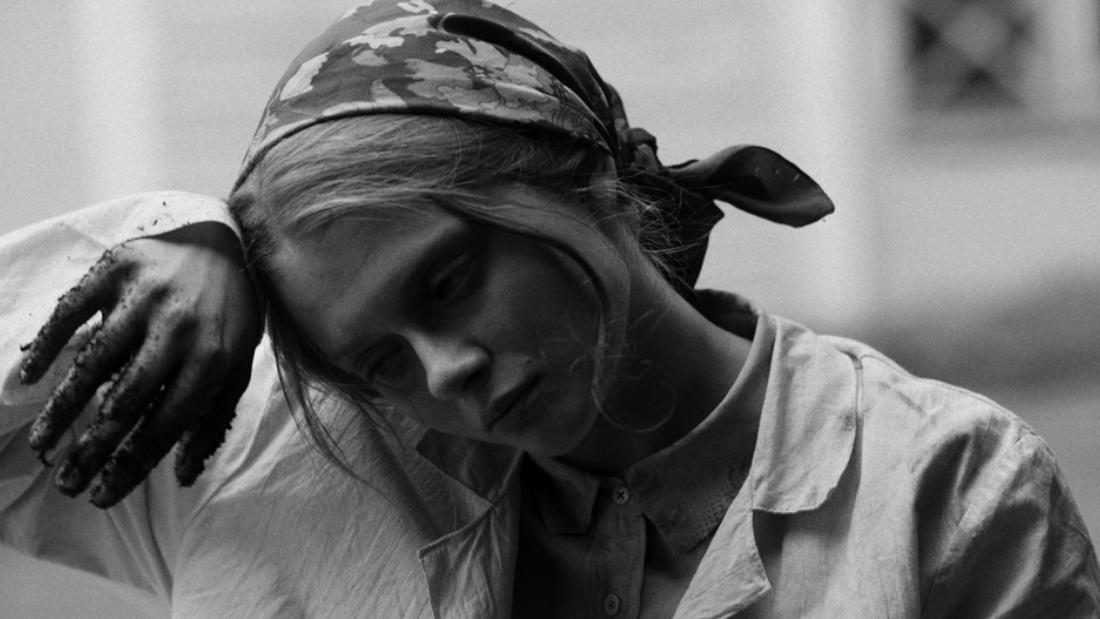
Film Streams Omaha, NE
Dr. Mary Ann Vinton
Director, Environmental Science Program, Creighton University
andAnn Antlfinger
Emeritus Professor of Biology, University of Nebraska at Omaha
andJessica Oreck
Filmmaker
One Man Dies a Million Times— The sanctity of the seed: Preserving biodiversity and the importance of seed banks
Program Description
Director Jessica Oreck, Dr. Mary Ann Vinson (Creighton University Biology), and Dr. Ann Antlfinger (UNO Biology, Emeritus) discuss the importance of preserving biodiversity and the purpose of seed banks.
Presented At
Film Streams Omaha, NE
Film Synopsis
Two Russian botanists in a besieged city must protect the invaluable edible specimens of a seed bank from their starving fellow citizens, enemy forces, rats, and each other.
Alyssa and Maksim both work at the Institute of Plant Genetic Resources in the center of the city. The Institute houses the world's first seed bank—a repository of irreplaceable seeds from around the globe—a priceless trove of living genetic diversity, which holds the potential to transform modern agriculture.
The two young botanists fall in love as the world wages war around them. The enemy surrounds the city, cutting them off from the rest of Russia, from electricity, from warmth, and from food. A record-breaking, desperate winter sets in and the city slowly, painfully, begins to starve to death. Savagery transplants civility. The city begins to eat itself from the inside out.
Maksim and Alyssa defend the seed bank and its priceless collection of edible specimens—the future of their nation's food supply—from the starving masses of the city, the enemy, hoards of rats, and each other.
Part documentary, part legend, One Man Dies a Million Times is set in the future, but tells the true story of the seed bank and the botanists who worked there throughout the Siege of Leningrad (1941 – 1944).
The N. I. Vavilov Institute of Plant Genetic Resources still stands in the middle of what is now called St. Petersburg. As we face declining food security, climate change, monocultures, factory farming, seed patenting, and disappearing ecosystems, this collection is especially critical in today’s world. Despite great strides in advancement, biotechnology cannot invent nor can it replace the genetic diversity that these scientists protected with their lives.
The immense collection at the Vavilov Institute remains one of the world’s most precious treasures.
About the Speaker
Dr. Mary Ann Vinton is an associate professor of Biology and the Director of the Environmental Science Program at Creighton University. She teaches courses in botany, ecology and environmental science and studies landscape change, resilience, and sustainability in the Nebraska Sandhills, one of the world’s most expansive grasslands.
Presented as part of the 2023 National Evening of Science on Screen.
Ann Antlfinger is an Emeritus Professor in the Biology Department at the University of Nebraska at Omaha. She earned a PhD from the University of Georgia in Botany and did post-doctoral training at Harvard University. During her career in Nebraska, she has studied the ecology and genetic diversity of rare plants such as American ginseng and the prairie orchid, nodding ladies’ tresses. She enjoys going to concerts and gardening.
Jessica Oreck makes projects large and small that instill a sense of wonder about the world of the everyday. Jessica’s documentaries (Beetle Queen Conquers Tokyo, Aatsinki: The Story of Arctic Cowboys, The Vanquishing of the Witch Baba Yaga, and several of her shorts) have played at festivals such as Sundance, SXSW, Tribeca, Cairo, BFI, and many more. The Criterion Channel is currently hosting a retrospective of her earlier work. Jessica’s latest feature film, One Man Dies a Million Times will open theatrically this year. Jessica also makes bite-sized educational content, including two series for TED: Mysteries of Vernacular and In a Moment of Vision, as well as several shows for a soon-to-launch children’s network. Jessica spends most of her time curating and running a small museum called the Office of Collecting and Design in downtown Las Vegas. Through the museum, Jessica curates various associated traveling exhibits and workshops around the US.